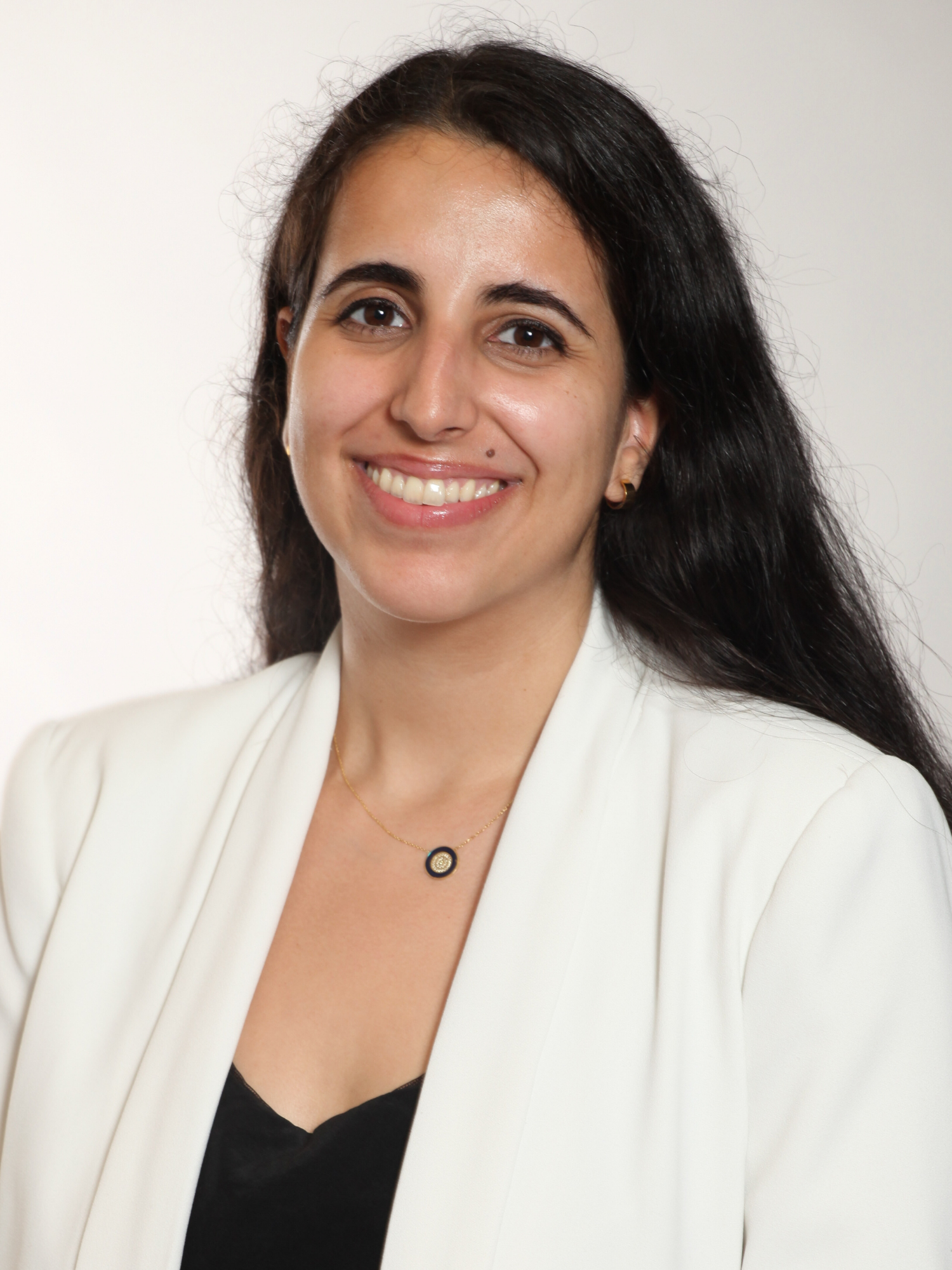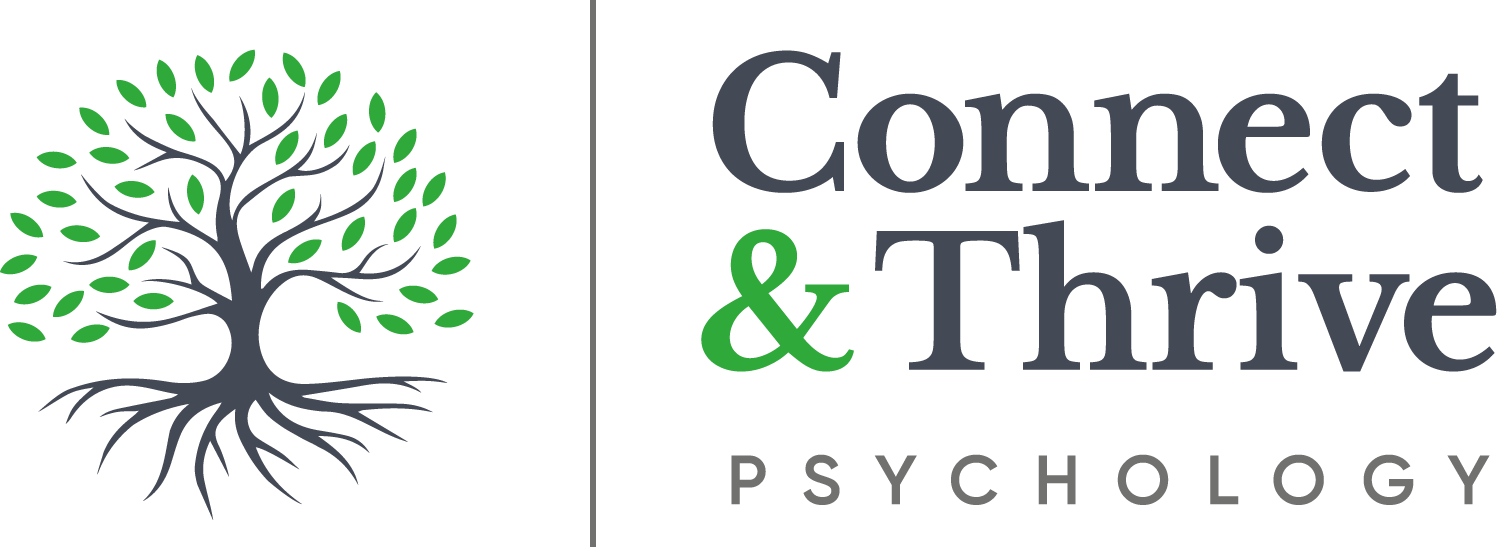Get to know us

Sara Pishdadian, Ph.D., C.Psych.
Clinical Psychologist (supervised practice)
she/her
Sara Pishdadian is a psychologist in supervised practice in the areas of clinical, rehabilitation and neuropsychology. She provides clinical and rehabilitation psychology services to older adults, under the supervision of Dr. Komal Shaikh, C. Psych.



Training & Experience
Client Goals & Concerns
Dr. Sara Pishdadian works with clients with a broad range of goals and concerns. These include the following:
- Adjusting to illness after physical or medical events or diagnoses, such as a brain injury, stroke, or a new medical condition
- Managing chronic conditions and disability. This can include physical, medical, or cognitive conditions, like pain, cancer, surgery, and/or neurological illnesses (e.g., mild cognitive impairment, Parkinson’s disease, Alzheimer’s disease)
- Fear of falling or injury
- Difficulty accomplishing or managing daily tasks (social, personal, or other) due to challenges with thinking skills (e.g., attention, memory, multitasking)
- Caregiver or carepartner-related stress, including caring for loved ones with neurological or psychiatric conditions
- Managing, adjusting, or coping with the effects of COVID-19 or long-covid illness
- Low mood, low self-esteem, self-criticism, depression
- Anxiety, social anxiety, worrying, overthinking, difficulty relaxing
- Uncertainty in life, feeling unclear of future directions
- Managing problematic or difficult emotions (e.g., anger, shame, guilt)
- Relationship issues, interpersonal challenges (with romantic others, friends, family)
- Communication and assertiveness, interpersonal effectiveness
Therapeutic Style
Treatment Approaches
Dr. Pishdadian has training and experience in incorporating the following treatment approaches and strategies into her work with clients:
- Acceptance & Commitment Therapy (ACT)
- PClient-Centered or Humanistic Therapy
- Cognitive Behavioural Therapy (CBT)
- Cognitive Behavioural Therapy for psychosis (CBT-p)
- Cognitive Rehabilitation (e.g., Goal Management Training or GMT)
- Compassion-Focused interventions
- Dialectical Behaviour Therapy (DBT)
- Emotion Focused Therapy (EFT)
- Motivational Interviewing (MI)
